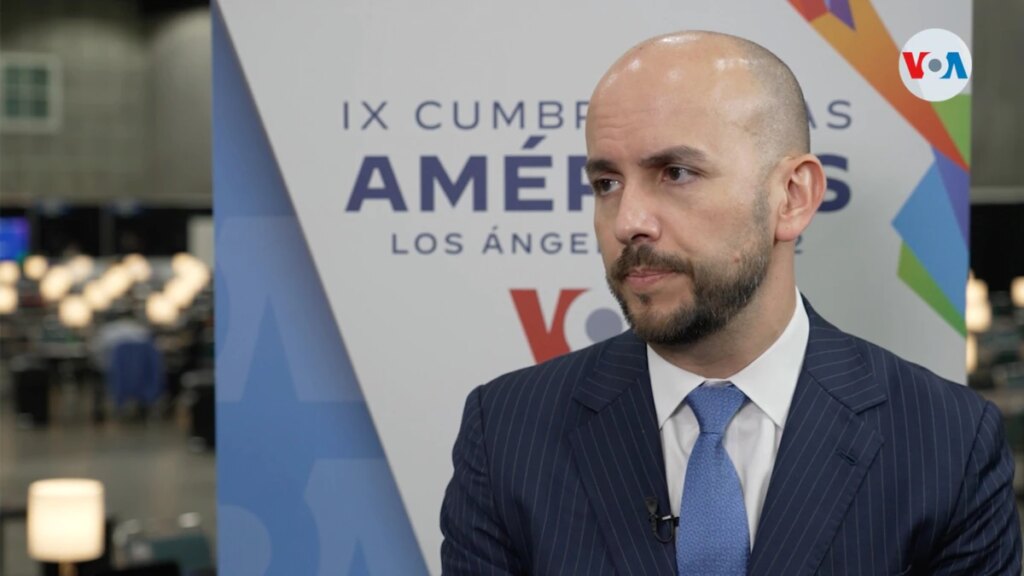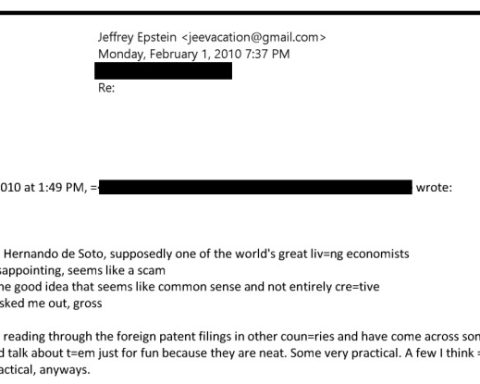Bloomberg
It is happening in large companies like the one run by the Winklevoss twins and the richest man in the world, but also in family businesses across the US: there are more and more layoffs.
That dreaded word had been noticeably absent in the past two years, as pandemic stimulus measures pumped money into the economy and companies scrambled to hire, leading to the tightest job market in decades.
However, the cracks are beginning to appear. Rising inflation is eating into consumers’ discretionary income and rising interest rates are spooking the stock market. Although the overall job market still looks strong, US companies last month added the fewest number of jobs since the recovery from the pandemic began.
Small businesses were hit especially hard, losing 91,000 jobs in the month, according to ADP payroll data. Meanwhile, tech companies like Twitter Inc. (TWTR) and Microsoft Corp. (MSFT) are slowing or freezing hiring. If you’re one of the unlucky ones (or you’re worried that situation is coming) experts say that a crucial first step is to keep your spirits up.
“The first thing to do after a layoff is not to take it personally,” says Maggie Mistal, a professional consultant and executive coach based in New York and Florida. “If your self-esteem is affected by a layoff, recruiters and hiring managers will pick up on this and see you as damaged goods.”
Calculate your budget
When you’ve just lost your job, money matters suddenly become more important. First, try to negotiate severance pay, or a larger sum for it.
take the time
Before, there was a taboo against employment gaps in resumes. But now, with so many people leaving their jobs in the Big Resignation or taking sabbaticals due to exhaustion, that is no longer the case.
LinkedIn even offers a feature called “career break” with 13 different options to account for gaps, including full-time parenting, career transition, or bereavement.
Don’t take too long
However, staying out of the labor force for an extended period can make it more difficult to return.
Peter Cappelli, a management professor at the Wharton School of the University of Pennsylvania, cautions against taking too many vacations unless personal circumstances require it.
monitor the economy
Navigating a layoff is especially difficult given the sometimes conflicting signals being sent by corporate America and the economy.
Executives at companies ranging from JPMorgan Chase & Co. (JPM) to furniture retailer RH have warned that the US may be headed for a recession, although the May jobs report seemed more upbeat.

















